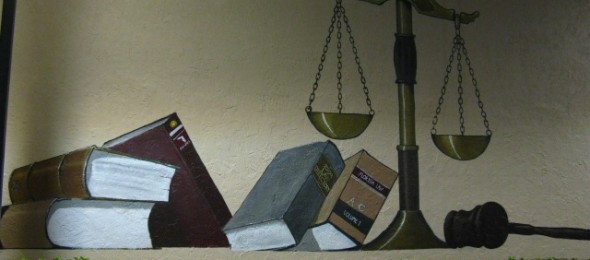Margaret L. Moses, Professor of Law and Director of the International Law and Practice Program at Loyola University Chicago School of Law has authored Inherent Powers of Arbitrators to Deal with Ethical Issues, Forthcoming in the Fordham Papers 2014, Ed. Arthur Rovine; Loyola University Chicago School of Law Research Paper No. 2014-01. In her publication, Professor Moses examines the reasons an arbitrator may need to exercise his or her intrinsic powers to address ethical issues raised during the arbitral process.
Here is the abstract:
Arbitrators’ views of their own powers are changing. Although the exercise of powers not clearly provided to arbitrators has in the past been generally prohibited, as arbitration has become the international dispute resolution method of choice, the use of so-called inherent powers has become more common. Such powers are more needed in today’s world as arbitrators tackle more complex, statutory-based issues, deal with more divergent parties and counsel, encounter the reality of international corruption, and cope with guerilla tactics of counsel who adopt opportunistic methods to delay and harass their opponents. Recent rules and guidelines have acknowledged the critical need for arbitrators to have sufficient power to properly discharge their adjudicatory function. Arbitrators must have the power to control the arbitral process and the counsel who appear before them, and must be able to carry out their mandate to provide a fair and reasonable dispute resolution process, untainted by conduct that is nefarious or in bad faith.
This and other scholarly papers written by Professor Moses may be downloaded free of charge from the Social Science Research Network.
Photo credit: srqpix / Foter / CC BY














